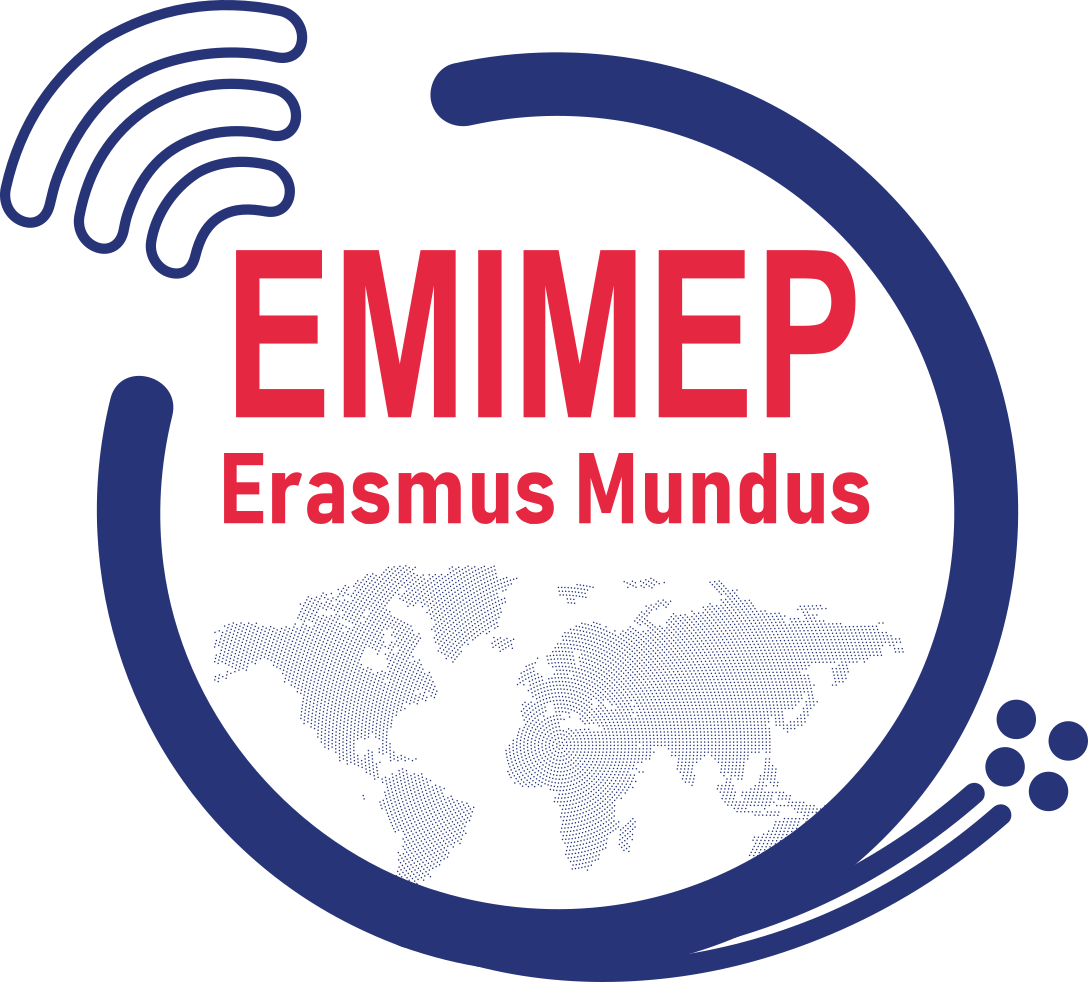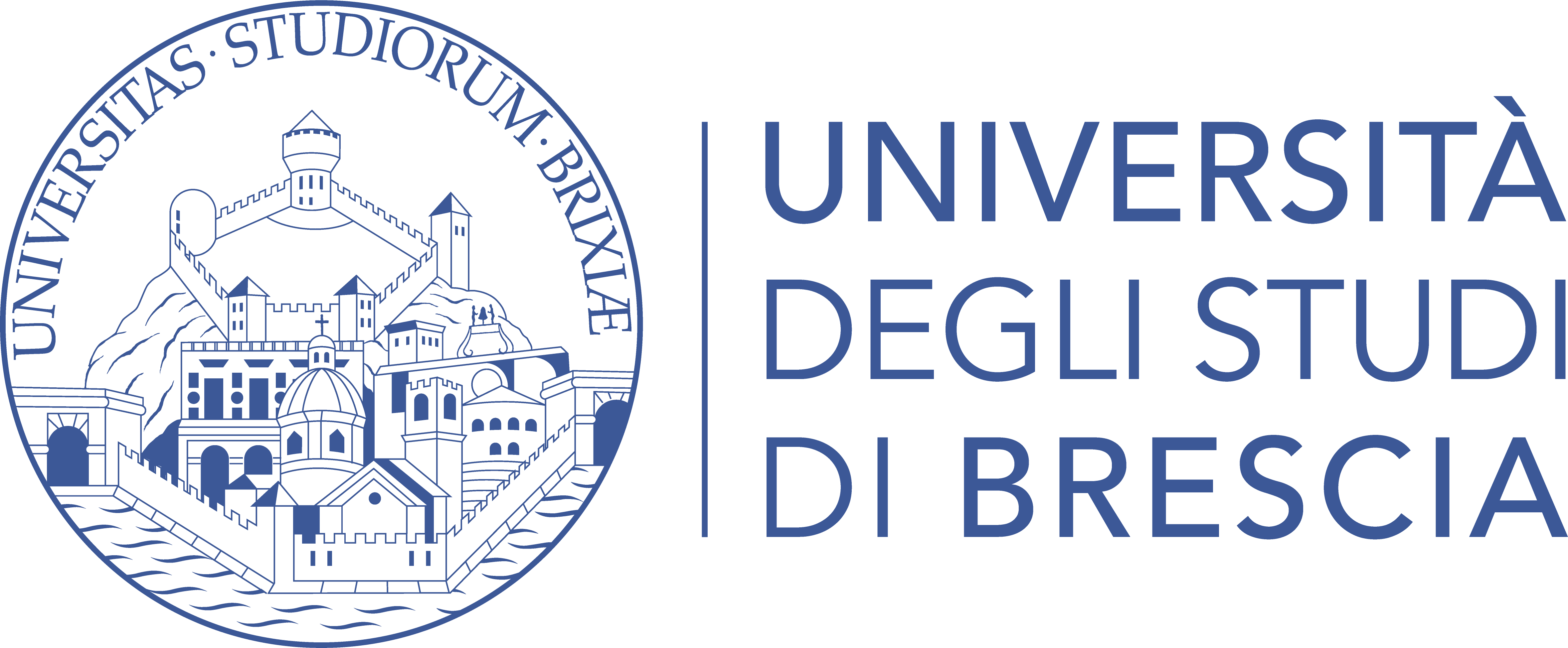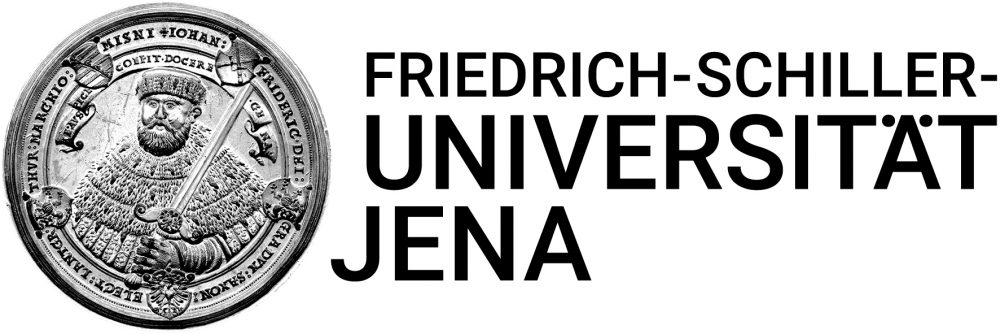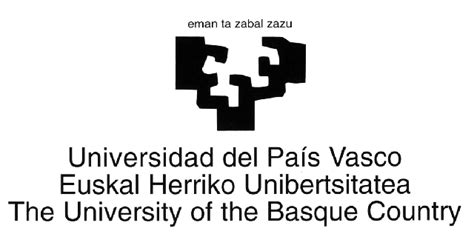Members of the consortium
The University of Limoges (France), the University of Brescia (Italy), the University of the Basque Country (Spain) and the Friedrich-Schiller University of Jena (Germany) have been working together on complementary themes in the fields of microwave electronics and photonics for several years.
UNILIM is a multidisciplinary centre of excellence in higher education, training and research. It counts more than 16000 students, including 2 000 foreign students, spread over 5 training and research units, 4 institutes, 3 national engineering schools. More than 700 researchers and 670 PhD students work in 4 research institutes and in 8 graduate schools on different branches of knowledge.
The Faculty of Sciences and Technology provides training courses at Bachelor level (mathematics, Physics-chemistry, Engineering training in high technologies, material sciences) and at Master level (electronic optical technologies, Materials engineering). A specific ICT department has been developed since 1997 with the implementation of a Virtual Campus (http://www.campus-cvtic.unilim.fr) daily used by 850 students and 150 teachers. UNILIM created a blended learning master degree (ARTICC) specialised in the domain of telecommunication.
UNILIM has coordinated until now 9 EU Training projects: 2 Tempus (MODEGOV, EOLES), 2 Erasmus+ Capacity Building (e-LIVES and Optbank), 2 Erasmus+ Strategic Partnerships (ELICIT+, EuCERMAT), and 3 Marie Slodowska Curie Actions (RISE: AMITIE, ITN-ETN: ATHOR, ITN-EJD: Polythea).
UNILIM, as the coordinator of EMIMEP, is in charge of the implementation of the activities, administrative and financial management and networking among the partners of EMIMEP.
In this framework, UNILIM leads the Consortium Committee (CC).
The University of Brescia (UNIBS) was established in 1982. The educational structure is now composed of a total of 24 bachelor’s degrees (12 for Medicine, 8 for Engineering, 3 for Economics and 1 for Law). The training offer is completed with 15 Master’s degrees, 43 specialisation’s schools in medical and legal areas, 3 Post-Graduate Masters and 23 Ph.D. courses based at University of Brescia. Moreover, the University of Brescia offers 10 double University degrees, 3 University degrees held in English and it offered 7 international summer schools in 2013.
There are 8 Departments which are involved in the research activities both on a national and international level and 36 Research Centres.
The student population is currently about 15000 members, while the academic staff is made up of 564 university professors and researchers. The University of Brescia counts 250 official agreements with European and non-European Universities. UNIBS has a long experience in Erasmus Exchanges with over 150 students each year.
These ongoing projects at UNIBS attract, most of the time fully funded with grant, travel and insurance, the following profiles:
• Doctoral students, who are involved in doctoral activities at University Laboratories;
• Post-doctoral research assistants, who are involved in national and EU funded projects;
• Academic staff members, who cooperate with their EU colleagues in seminars, lectures and project activities.
The Abbe School of Photonics (ASP) at FSUJena offers a full-scale academic education in optics and photonics at one of the oldest and most reputable German universities.
In Jena, the cradle of optics, students are fortunate to be located in a unique ecosystem of photonics, which offers a wide range of links and opportunities through the close cooperation between the University and various local institutes and companies. It is a School’s privilege to be able to offer this exceptional research environment and to provide many-faceted learning opportunities for the profit of the students. The School’s interdisciplinary education programs are, thus, embedded within the extensive academic framework of the Abbe Center of Photonics.
The main goal of the concept and philosophy is the establishment of one of the world’s leading educational centers in optics and photonics in Jena, Germany. The ASP was shaped by our university’s long-standing teaching tradition and is supported by its uniquely vast spectrum of research activities in the field of light sciences. The qualification strategy is completely research-oriented and based on the principles of academic freedom, competitive research conditions and internationalization at all levels of education and research.
The School offers outstanding qualification opportunities in the areas of optics and photonics at undergraduate and graduate levels. FSUJena recognize that many of its graduates will continue a research focused career. Therefore, the training programs of the ASP aim to promote and optimally link both academic and practical learning by providing additional career opportunities in research centered companies. Thus, all the competitive career development measures are designed to lay the foundation for successful careers both in academia and industry.
ASP was founded in 2008 by a public private partnership between the German federal and Thuringian state governments, the University of Jena and the German photonics industry. ASP also has also a strong background in providing Joint Master’s Degree programs. The close collaboration with its industrial partners is one of the ASP’s key aspects. To sustain our partners’ exceptional economic development for the future, we have made it our mission to educate highly qualified candidates for exceptional professional career paths in the German photonics industry.
Along the last eighteen years, our research team has consolidated a research and technology transfer activity in an international context. We have established long run partners and we have participated in several common research projects. A relevant example of this transfer is related to our activity instability analysis of microwave active circuits. Our group is responsible for the introduction, in 2001, of the pole-zero identification technique for stability analysis of large-signal regimes in power amplifiers. This has resulted in an international patent and a commercial software tool (STAN Tool) developed in collaboration with the French Space Agency (CNES), that is commercially distributed by AMCAD Engineering and increasingly used by the microwave industry.
Some examples of funded programmes:
– IST-1-507893-NOE “Top Amplifier Research Groups in a European Team (TARGET)”. EU-FP6 programme. >30 partners.
– CTP06-02 “Design of reconfigurable matching networks for power amplifiers by using MEMS”. EU funded programme. Partners: Thales-Alenia Space, Université Paul Sabatier, UPC.
– Several research projects such as “Nouvelle génération de modèles comportementaux d’amplificateurs de puissance à mémoire”, “Évolution et intégration de techniques d’analyse de stabilité non linéaire pour la conception optimale d’amplificateurs de puissance” among others, funded by the French Space Agency (CNES).
– “Power/Efficiency Flexibility of Spaceborne SSPA Using Doherty Scheme Associated to a Lineariser” ESA funding programme, working under Thales Alenia Space subcontracting.
– Several research projects funded by Spanish Administration.
The research activity developed in the area related to this proposal in the last years has given rise to ten Ph. D. dissertations. To our satisfaction, eight of them are currently working in the RF and Microwave field in laboratories of different companies and institutions, ESA – ESTEC, Mexican Navy Research Labs, and INDRA, among others.




